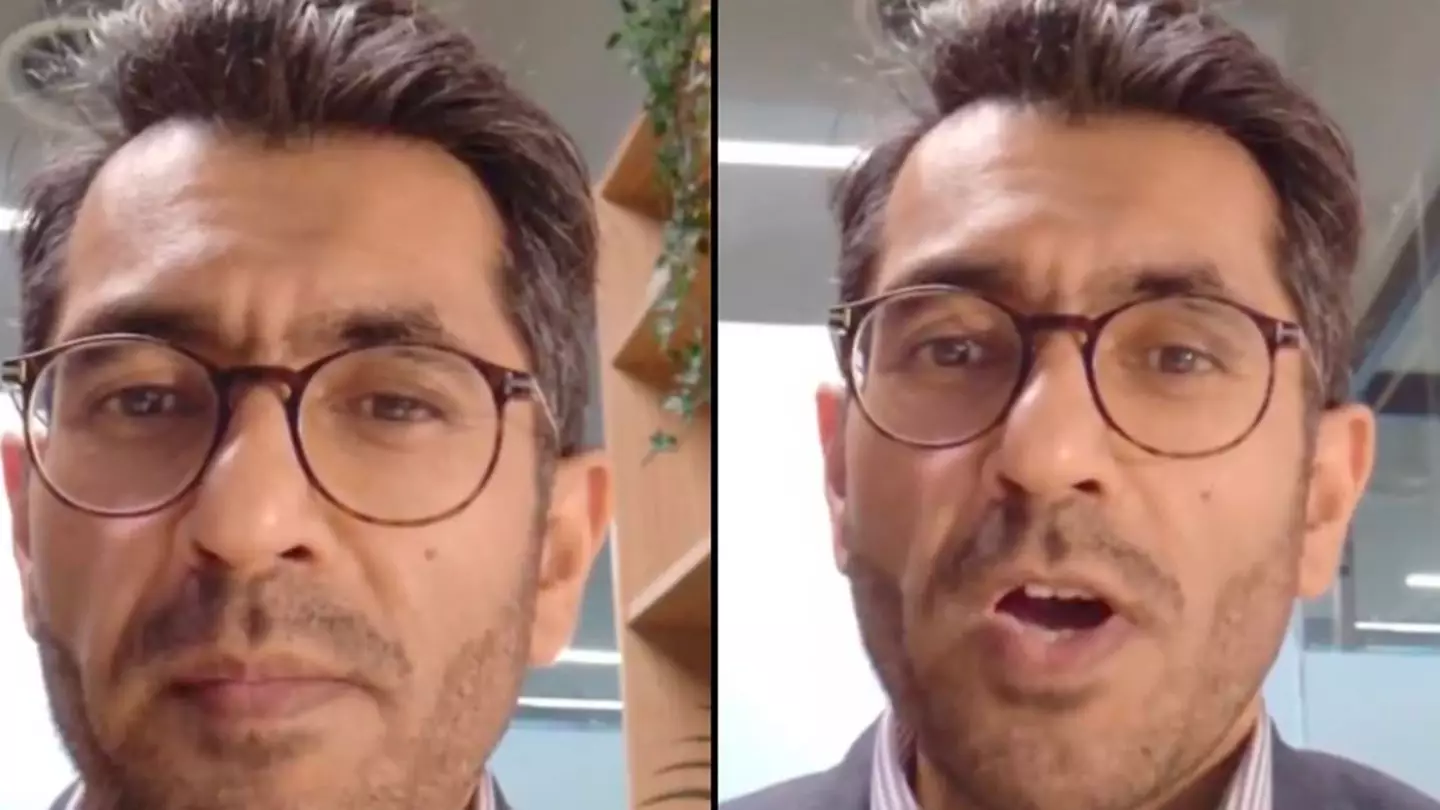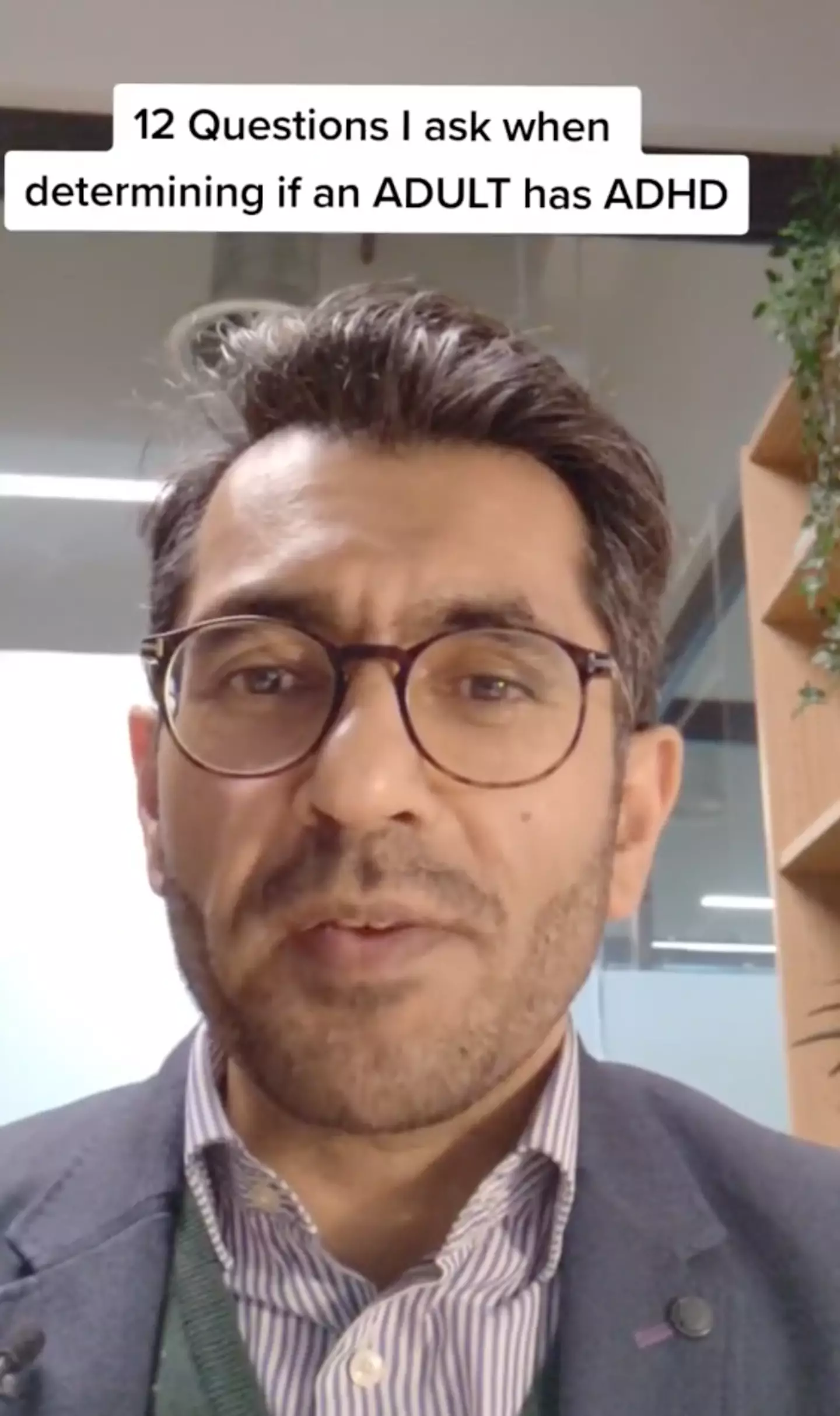
A doctor has revealed the 12 questions he asks patients before making an ADHD diagnosis.
In the last decade, there's been a huge surge in the number of adults being diagnosed with the condition.
According to recent figures from Public Health Scotland, the number of adults receiving an NHS prescription for ADHD medication has increased seven-fold in the last 10 years.
Most cases of ADHD are diagnosed when children are under 12-years-old, but sometimes it's diagnosed later in childhood and even adulthood.
Advert
Symptoms are divided into two categories: inattentiveness and hyperactivity and impulsiveness.
While the exact cause of ADHD is unknown, research has shown that that it can run in families.
ADHD can be managed with the appropriate educational support for children as well as advice for parents and affected children.
Some celebrities have spoken about having ADHD, including Olympic gymnast Simone Biles and Maroon 5 frontman Adam Levine.
Advert
Dr Ali Ajaz shares videos on TikTok about health, and one clip that went viral includes the 12 questions he uses to help determine if adults have ADHD.

He warns that although some people may resonate with the questions, it doesn’t automatically mean you have ADHD, but it could be a reason to seek a professional’s opinion.
The questions are:
Advert
1. Do you have problems focusing on everyday tasks?
2. Do you often zone out or lose a sense of time?
3. Do you make careless mistakes at work or with assignments?
4. Do you struggle to initiate tasks and leave things to the last minute?
Advert
5. Do you struggle to complete one task at a time?
6. Do you struggle to organise yourself?
7. Do you ever get embarrassed at how untidy your bedroom, home or workspace is?
8. Do you lose essential items on a regular basis e.g. mobile phone, keys, wallet?
Advert
9. Do you struggle to relax or unwind?
10. Do you have problems with sleeping because your mind doesn’t switch off?
11. Do you struggle to wait your turn in queues or conversations?
12. Do you struggle to listen when spoken to directly?

These are some of the questions Dr Ajaz asks as part of a ‘more comprehensive assessment process’ which often involves a report and input from people close to the person who may believe they have ADHD, like friends, family and partner.
You can visit your GP if you believe your child or yourself has ADHD.
Topics: Health
